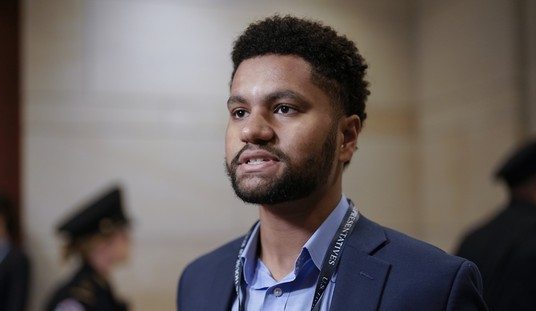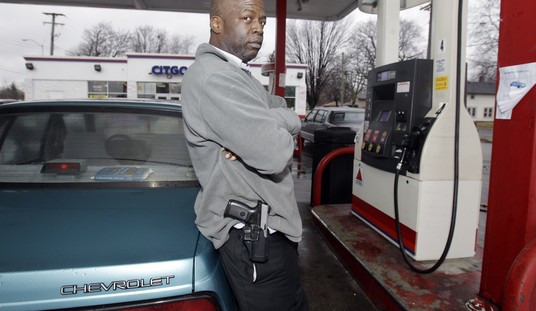Anti-gun advocates just can’t seem to stay away from the Second Amendment Sanctuary movement, though half of them claim that it’s no big deal and doesn’t mean anything at all. The other half views it as a license for anarchy and a rejection of the Constitution, and it seems every new op/ed arguing against them strives to reach new heights of hyperbole.
The latest is Rob Schofield of North Carolina Policy Watch, who says that the movement is “perverse and provocative” and is a symbol of all that is wrong with the country today.
Delusional as the proponents of the gun sanctuary movement may be about basic constitutional principles, what’s most troubling about this new development is its clear and reckless message of violence and lawlessness. Refusing to abide by or enforce duly enacted criminal laws – especially anti-violence laws – is the kind of behavior one associates with failed states ruled by armed militias and gangs. It’s the grim reality of Afghanistan, Venezuela and Zimbabwe, not the world’s greatest democracy. Sadly, it’s also the action of extremists devoted to cockamamie ideas like secession and “nullification.”
Afghanistan, Venezuela, and Zimbabwe are interesting choices for Rob to use. In all three countries, firearms for civilian use are either highly curtailed or banned outright, yet the laws don’t matter to the armed gangs and government-armed militias. None of those nations are what we’d call sanctuaries for the Second Amendment, but they’re pretty good examples of how laws on the books don’t translate to guns off the street.
And so it is that the so-called “Second Amendment sanctuary” movement is having a brief fling in the political limelight. Here in North Carolina and in several other states around the country, local governments have – at the behest of cynical national manipulators and confused local activists – been passing resolutions declaring themselves areas in which duly enacted state and federal gun control laws will not be enforced.
Among many other things, one can’t help but be struck by the rank hypocrisy involved in such schemes. After all, the people behind these proposals are, by and large, the same ideological conservatives who lobbied for and helped pass state legislation a few years back that forbade local governments from passing laws to regulate firearms, raise the minimum wage or protect LGBTQ people from discrimination.
He has a point, but he also ignores the fact that those on the Left have been ignoring state and federal laws when it comes to immigration and drugs. Schofield also fails to acknowledge that gun control groups are aiding cities that are passing gun control laws in clear violation of state firearms preemption laws. In other words, this is a political tactic that’s used by both the Right and the Left in the United States depending on the issue.
It’s also a political tactic that has a long history in the United States, from the Kentucky and Virginia resolutions in the 1790s and the refusal to enforce the Fugitive Slave Act in the 1850s, as well as a widespread tactic in the civil rights movement of the 1950s and 60s to the “sanctuary cities” and states legalizing drugs still illegal at the federal level. This isn’t an idea dreamt up by Second Amendment Sanctuary supporters. It’s a longstanding political tradition of resistance to unjust laws that’s been adopted by Second Amendment Sanctuary supporters.
Schofield claims that cities simply can’t decide they’re not going to enforce certain laws, and he’s largely correct. That’s not what the Second Amendment Sanctuary movement is calling for, however. Most resolutions call on counties or cities to oppose unconstitutional gun control laws by any legal means, but it will be up to law enforcement, not city or county officials, who determine how the laws will be enforced. Again, we already have plenty of examples of Democrats in Virginia choosing not to enforce some of the state’s drug laws. Not enforcing a magazine ban or using “red flag” laws is well within the discretion of county sheriffs and commonwealth’s attorneys.
Ultimately, Schofield’s argument against Second Amendment Sanctuaries boils down to “I don’t like them because they refuse to go along with what I want.” That doesn’t mean they’re dangerous or even operating outside of the American tradition of civil disobedience and longstanding practice of discretion in enforcement. In fact, the Second Amendment Sanctuary movement is just the latest iteration of local movements to sustain individual liberty that have been birthed across this country throughout its history. Rob Schofield may be blind to that history, but it doesn’t do him or his allies any good to try to rewrite it.









